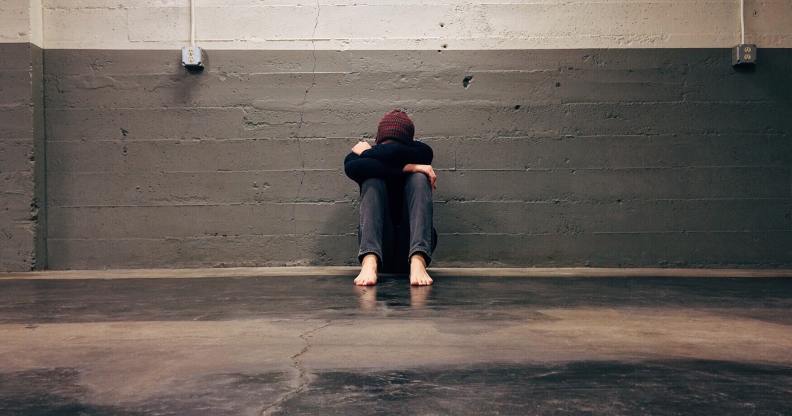Majority of victims of anti-LGBT+ hate crime unable to get the support they need, damning research finds

Only one in eight LGBT+ people who are victims of a hate crime report the incident to the police. (Pexels)
Only one in three LGBT+ hate crime victims are able to access the support they need afterwards, according to a new report from LGBT+ anti-abuse charity Galop.
The Galop report, published today on International Day Against Homophobia, Biphobia and Transphobia, found that three in five LGBT+ people who experience a hate crime against them want and need help, but just one of those three people will be able to get the support they need.
Mistrust of the police among LGBT+ people is also a significant factor, with only one in eight who are attacked reporting it to the police. Half of those who didn’t tell the police said that this was because they thought the police wouldn’t do anything, while a third said it was because they were afraid of the police.
An LGBT+ hate crime is where someone is targeted with hostility or violence because they are, or are perceived to be, LGBT+.
Figures from the Home Office show that the number of reported incidents has been on the rise for two years running. Figures published in October 2020 revealed sexual orientation hate crimes increased 19 per cent (to 15,835) over the last year. Hate crimes against trans people increased by 16 per cent (to 2,450) over the past year.
Almost half of LGBT+ hate-crime victims need emotional support after the abuse they’ve experienced, but just 15 per cent receive any, leading to feelings of isolation and powerlessness, Galop found. And getting support relating to housing and court cases was even harder, with more than one in five LGBT+ hate-crime victims needing these things but just four per cent receiving any assistance.
LGBT+ people who don’t get the help they need after experiencing violence or abuse for their sexuality or gender identity say they need feel “let down”, “alone” and “ignored”, which can increase the impact of the abuse experience, Galop said.
The charity surveyed 1,166 LGBT+ people and conducted 15 in-depth interviews, asking about their experiences of hate crime and interactions with services afterwards.
Galop found that a large proportion of LGBT+ individuals have experienced a hate crime, with many experiencing regular and repeated incidents including verbal abuse, online abuse, harassment, doxing, blackmail, and sexual and physical violence.
Commenting on the findings, Leni Morris, Galop’s CEO, said that these incidents are disproportionately on the rise in the UK and that the lack of support has a “profound” effect on victims.
“When someone experiences abuse as a result of their identity, access to advice, information, advocacy, emotional support, and practical assistance are absolutely vital in ensuring their ongoing safety and wellbeing,” Morris said.
She pointed to “sparse” local support services and condemned a “postcode lottery” that determines which LGBT+ people are able to access help.
“This report shows that some LGBT+ victims, where they do reach out for help, feel let down by the response they receive,” Morris added. “We cannot allow LGBT+ victims of hate crimes to feel ignored, or be faced with long journeys in order to find help.
“We call on commissioners and policy-makers, nationally and locally, to understand the impact of anti-LGBT+ hate crime on its victims, and to provide better access to specialist community-based services for those targeted.”
Earlier this year, Galop launched the LGBT+ Hate Crime Helpline, open to LGBT+ people from across the UK, and the charity also has a dedicated trans advocacy service.
Galop is the UK’s LGBT+ anti-abuse charity, supporting LGBT+ people experiencing hate crime, domestic abuse and sexual violence. Report an incident and get advice here.

